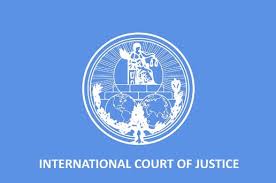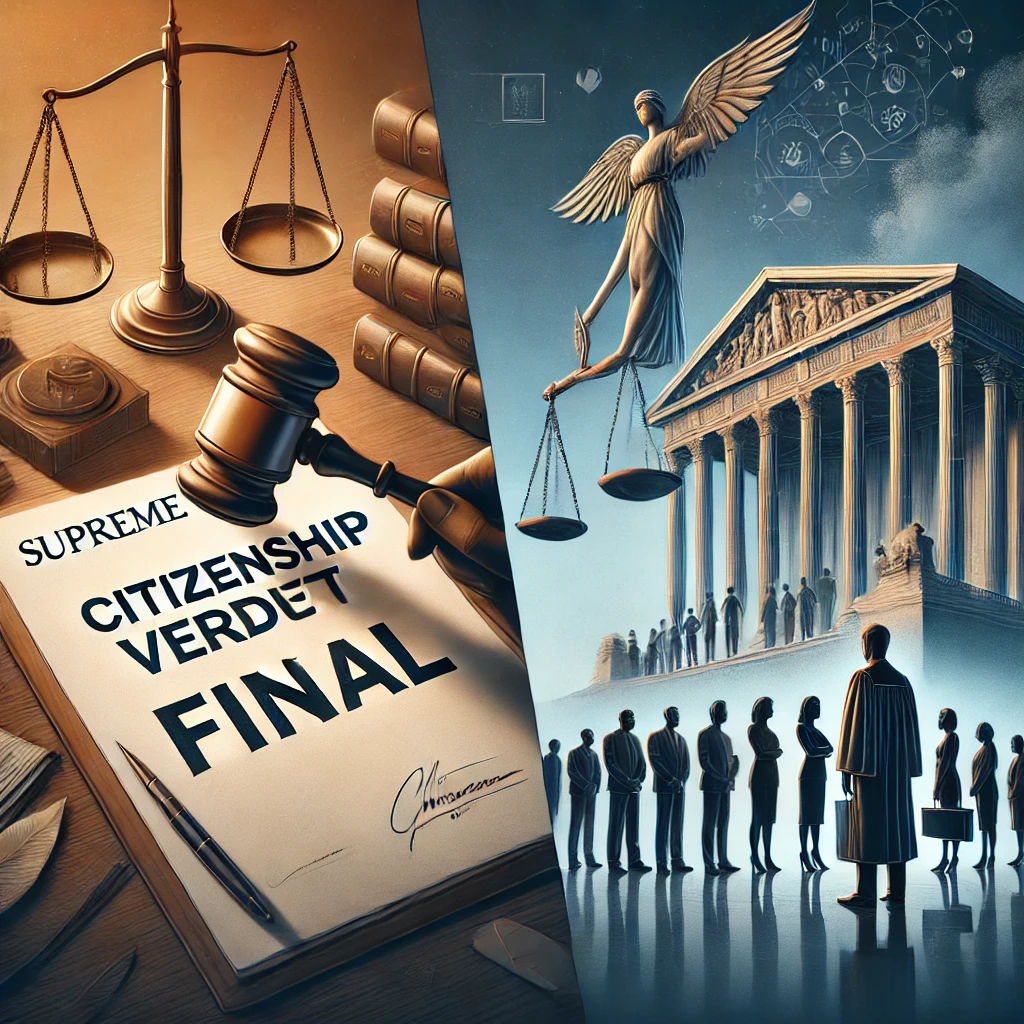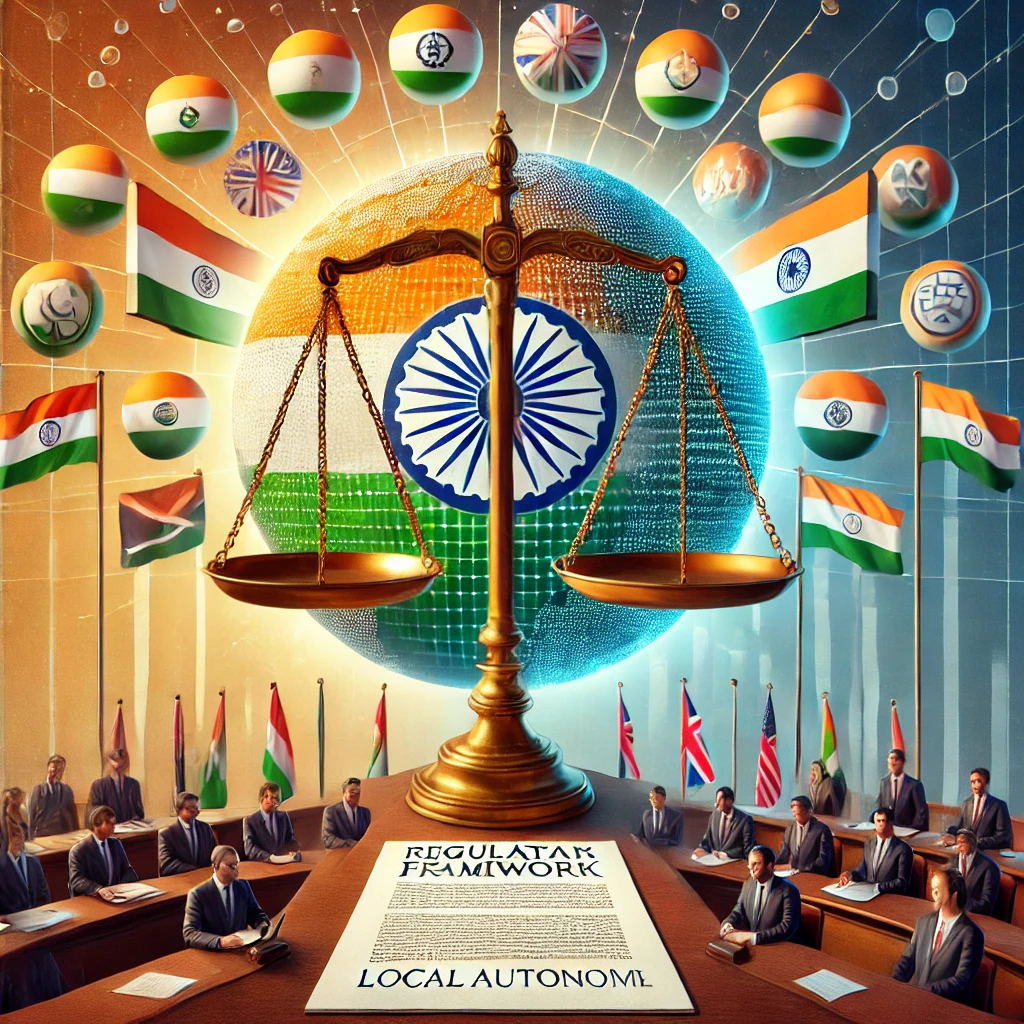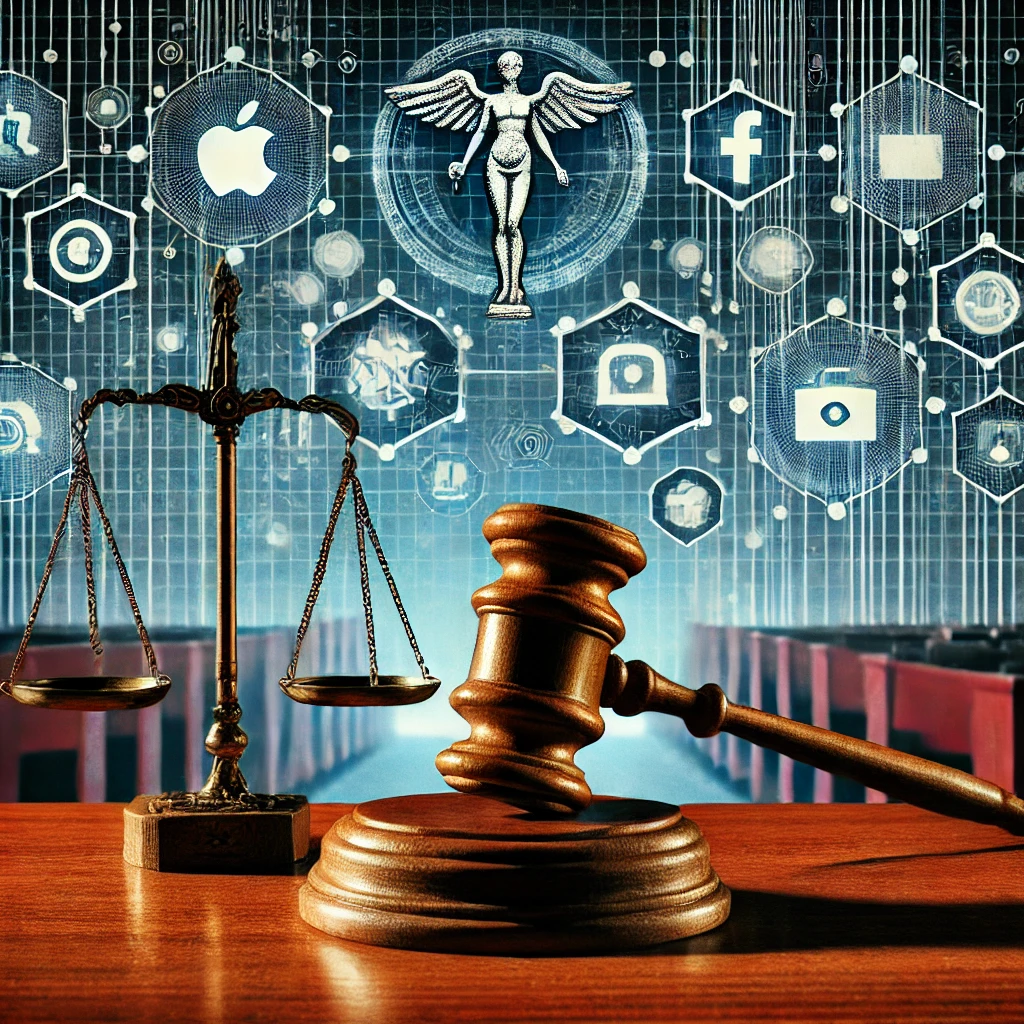Important Theories of under International Law
Important Theories in International Law
1. Natural Law Theory
Core idea: International law is based on universal moral principles inherent in human nature.
These laws exist independently of state consent.
Influenced early development of international law—laws of war, human rights, etc.
Example: Just war theory.
2. Positivist Theory
Holds that international law consists only of rules expressly agreed upon by states (state consent).
Law exists because states consent to it, often via treaties or customs.
Emphasizes sovereignty and state practice.
Most dominant theory in modern international law.
Key figures: Hans Kelsen, H.L.A. Hart.
3. Realist Theory
Sees international law as secondary to power politics.
States comply with international law only when it suits their interests.
Skeptical about the binding nature of international law.
Focus on state behavior rather than legal norms.
4. Legal Pluralism
Recognizes multiple legal systems interacting globally (national, international, regional).
Emphasizes coexistence and interaction of different sources of law.
Helps explain conflicts or overlaps between international law and domestic law.
5. Critical Legal Studies (CLS)
Challenges traditional international law as serving powerful states’ interests.
Argues international law can reinforce inequality and domination.
Calls for reform to address biases and injustices in the legal system.
6. Marxist Theory
Views international law as an instrument of capitalist and imperialist domination.
Laws reflect and maintain inequalities between developed and developing countries.
Calls for transformation towards a more equitable world order.
7. Feminist Theory
Examines how international law affects and is shaped by gender relations.
Critiques biases against women and marginalized groups.
Seeks to incorporate gender justice into international law.
8. Sociological Theory
Focuses on how international law is shaped by social, economic, and political factors.
Looks at law in context, including state practice and international organizations.
Emphasizes law as a social phenomenon.
Summary Table
| Theory | Core Idea | Key Focus |
|---|---|---|
| Natural Law | Universal moral principles | Morality, justice |
| Positivist | Consent of states | Sovereignty, state practice |
| Realist | Power politics dominate | State interests, power |
| Legal Pluralism | Multiple legal systems coexist | Law interaction |
| Critical Legal Studies | Law serves powerful states | Inequality, reform |
| Marxist | Law reflects capitalist domination | Class struggle, inequality |
| Feminist | Gender bias in law | Gender justice |
| Sociological | Law shaped by society | Social context, state behavior |
Do write to us if you need any further assistance.












comments